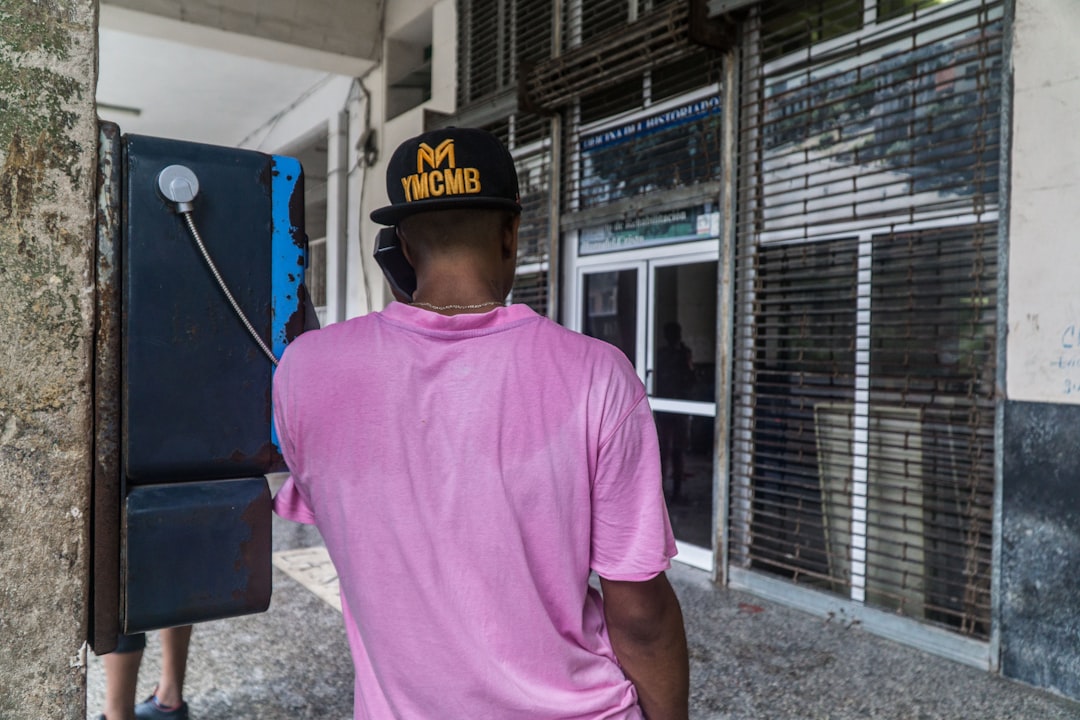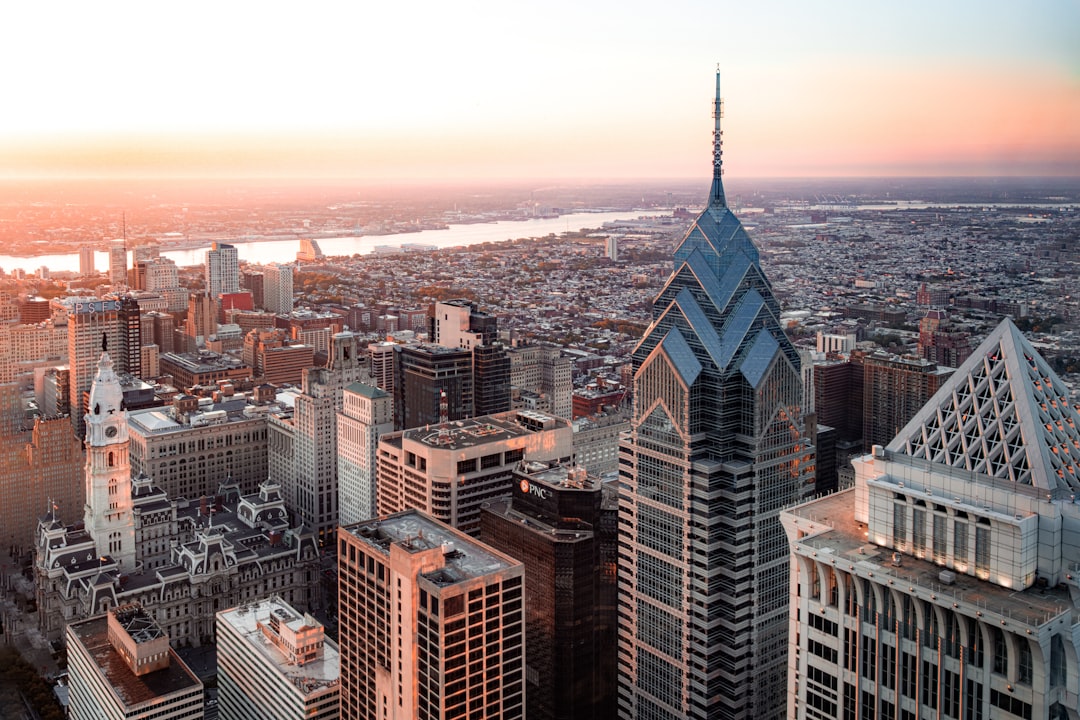Philadelphia's stringent Do Not Call Laws safeguard residents from unwanted telemarketing calls by empowering them to register their numbers on the official list. Enforced by the District Attorney's Office and the Pennsylvania Attorney General, these laws come with severe penalties for businesses that violate consent rules, offer inadequate opt-out options, or make calls outside permitted hours. Citizens are encouraged to report violations, ensuring compliance and preserving their privacy in a bustling city.
“Unraveling the legal intricacies of telemarketing in Philadelphia is essential for businesses aiming to navigate this dynamic market. This article guides you through the city’s unique Do Not Call laws, designed to protect residents from unsolicited calls. We explore the regulations, compliance requirements, and potential penalties, offering insights into a successful marketing strategy. Understanding these rules is crucial for businesses to avoid legal pitfalls and effectively target Philadelphia’s consumers, ensuring a harmonious balance between sales efforts and privacy protections.”
Understanding Do Not Call Laws in Philadelphia
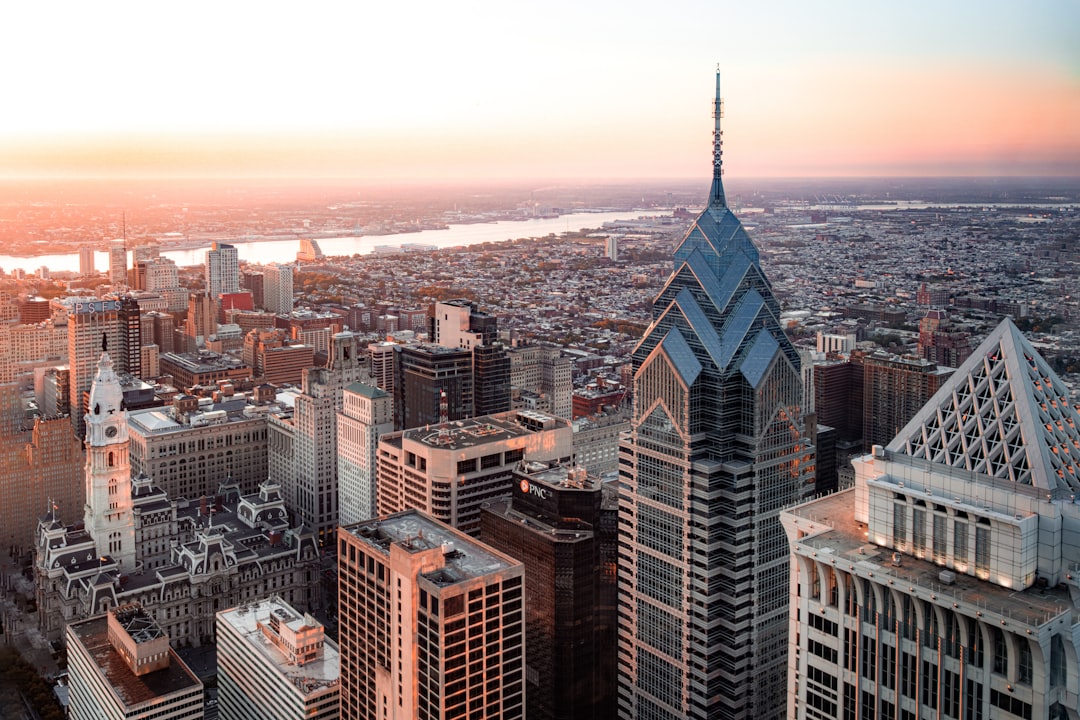
In Philadelphia, like many places across the U.S., Do Not Call laws are a crucial component of consumer protection. These regulations restrict telemarketers from making unsolicited phone calls to residents who have chosen to opt-out of such communications. The implementation of these laws is designed to give consumers control over their privacy and reduce unwanted marketing calls, ensuring a more peaceful and less intrusive communication environment.
Philadelphia’s Do Not Call Laws are enforced by the city’s Office of the District Attorney. Businesses found violating these rules can face significant penalties, including fines and legal action. Consumers who wish to exercise their right to be left alone can register their phone numbers on the city’s official Do Not Call list. This simple step significantly contributes to maintaining a harmonious balance between marketing efforts and personal privacy in Philadelphia.
Telemarketing Regulations and Compliance Requirements
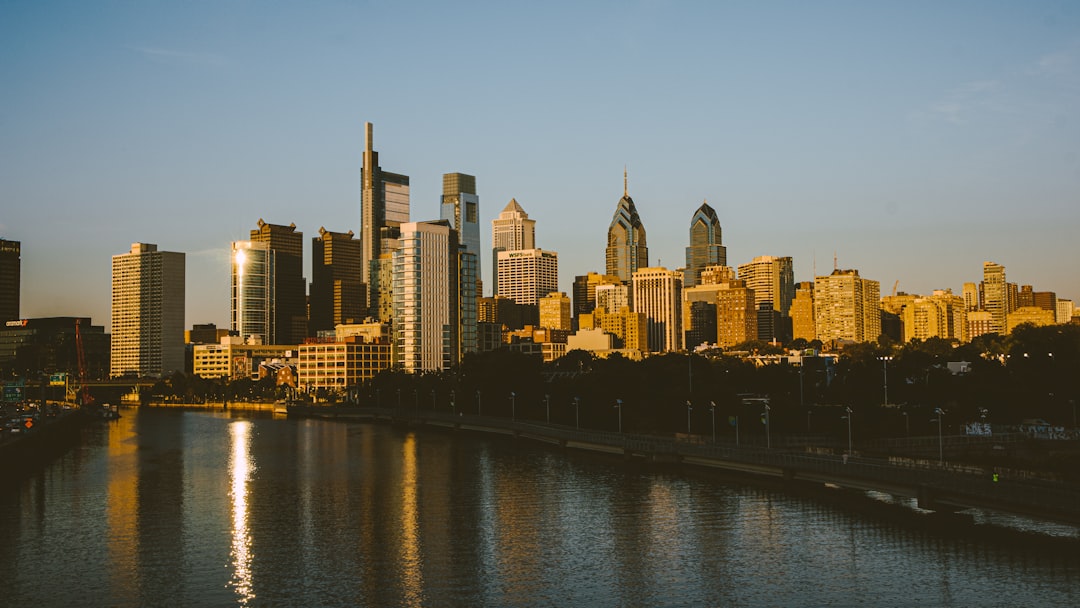
In Philadelphia, telemarketing activities are subject to specific regulations designed to protect consumers from unwanted calls and ensure fair business practices. The city’s Do Not Call Laws play a crucial role in maintaining a peaceful and respectful communication environment for residents. Businesses engaging in telemarketing within the city limits must adhere to strict compliance requirements. These include obtaining proper consent from callers, providing clear opt-out options, and adhering to time restrictions on calls.
Compliance with these rules is essential to avoid penalties, which can be substantial. Businesses are encouraged to educate their staff thoroughly about Philadelphia’s telemarketing regulations, especially regarding the Do Not Call Laws, to ensure every call respects the recipient’s privacy and preferences. Regular audits and updates to compliance protocols are necessary to stay in line with evolving laws and maintain consumer trust.
Enforcement and Penalties: What to Expect
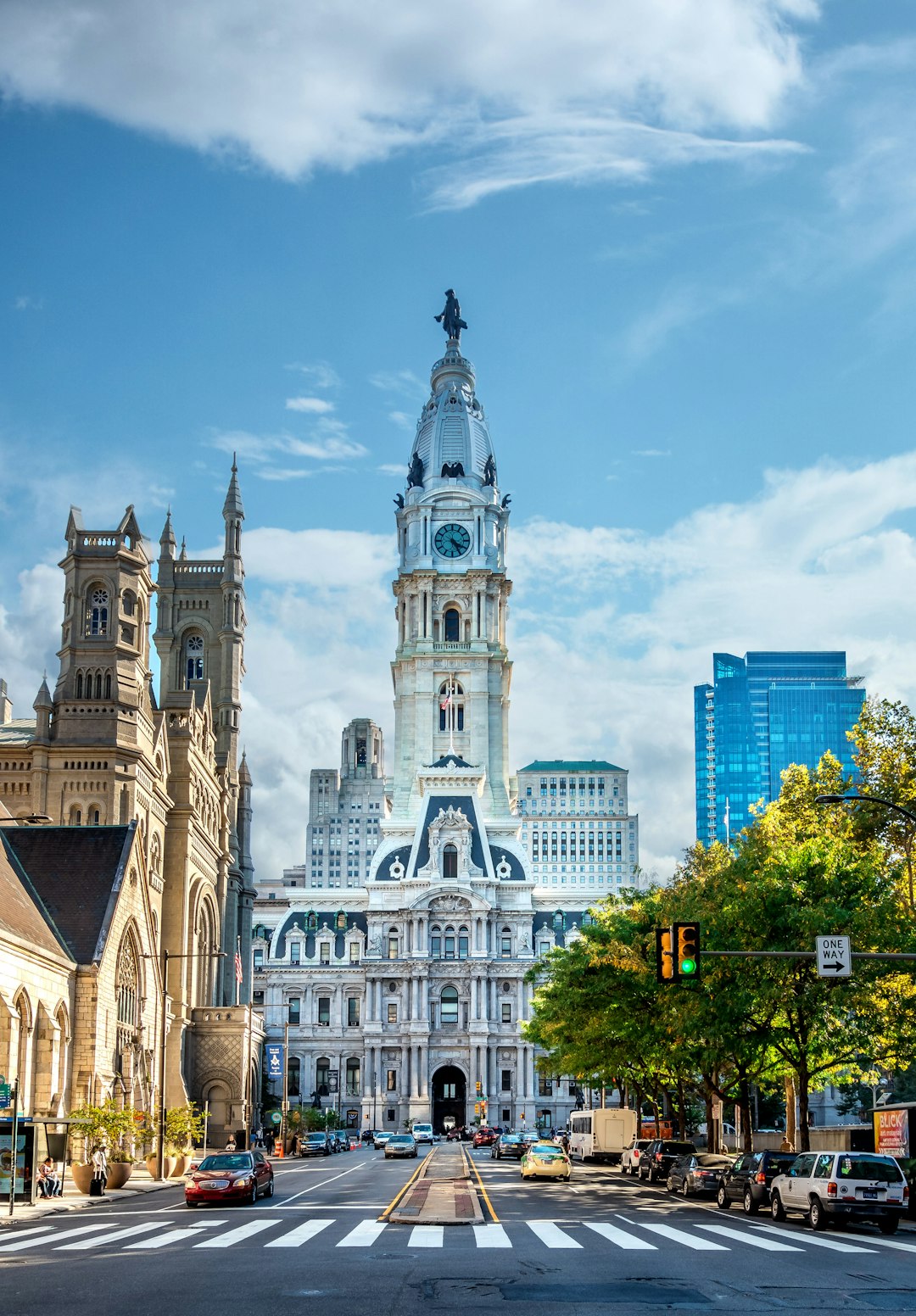
The enforcement of telemarketing laws in Philadelphia is taken seriously, with penalties designed to deter violations and protect consumers. If a company or individual breaks the rules set forth by the Do Not Call Laws Philadelphia, they can face significant consequences. Fines can range from $100 to $10,000 per violation, depending on the severity and intent. Additionally, violators may be subject to legal action, including consumer lawsuits that could result in substantial damages.
The Pennsylvania Attorney General’s office plays a pivotal role in monitoring and enforcing these laws. They actively investigate complaints and can take companies to court for repeated or intentional violations. Consumers who feel their rights have been infringed upon are encouraged to file a complaint with the Attorney General’s office, which will promptly look into the matter. This strict enforcement ensures that telemarketers adhere to the rules, providing relief and peace of mind to Philadelphia residents.


